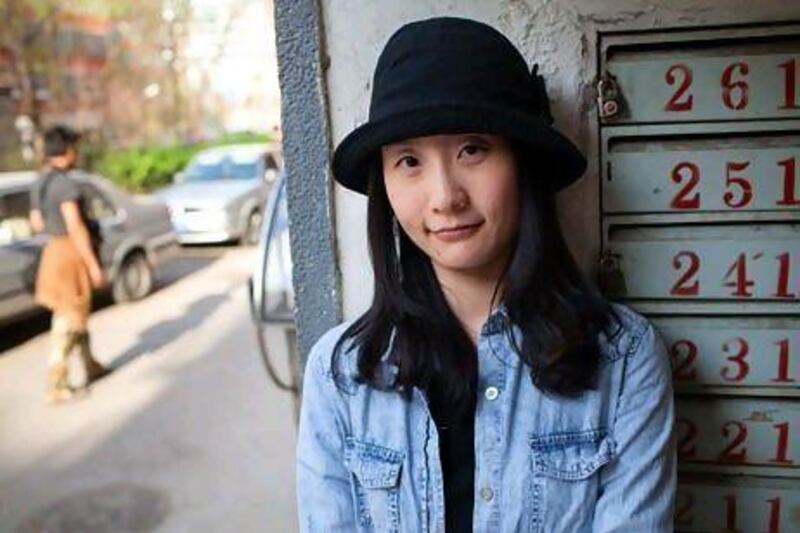BEIJING // When Wang Pei begins married life next month, one thing she and her husband will not have to worry about is paying the mortgage. She made sure of it, agreeing to marry Cheng Zheng only if he and his family provided an apartment for the couple to live in.
"The basic requirement is that he must own a property where we can live in," says Ms Wang, 29, who works for a clothing export company. In a country where male children are preferred, marriageable women are in growing demand, giving them more clout than ever when it comes to choosing a spouse.
"Women have an advantage when they choose men. They have more options," said Ms Wang. "That's why they are becoming more and more demanding."
There seems little doubt that the requirements of young Chinese women are changing. In a 2010 survey by the Chinese Association of Marriage and Family Studies, 70 per cent of women insisted their prospective husband must have an apartment.
Attitudes to property have been transformed by economic growth, according to Sun Xiaying, 60, a retired journalist who has observed the changes closely in the decade since her daughter Jiang, 35, married.
She says it is "quite understandable" young women now make material demands of their prospective husbands, a far cry from the days when most women moved into the home of their husband and his parents.
"The living standard has increased quite a lot, so to have a comfortable life, you require the man to provide a lot of things. It is a much more materialistic society than we used to have. A house or a flat would be a must," she says.
"At the time when my daughter married we asked nothing, just that they got on well and if their relationship was stable. That was fine."
According to Kathy Leung, a marriage researcher at the City University of Hong Kong's department of applied social studies, young women are becoming more independent, individualistic and wealthy, and with these come their growing expectations. She also believes China's one-child policy plays a role.
Couples restricted to having one child are often keen for a boy, and sex-selective abortions have resulted in a skewed gender ratio.
Last year, almost 118 boys were born in China for every 100 girls, and state media report that by 2020, mainland China will have a surplus of 24 million men of marriageable age.
"The imbalance of gender in China could cause women to demand high-value goods from their prospective husbands," said Ms Leung.
Often a groom's parents help him out by providing an apartment, a significant help in a city like Beijing where property values have tripled over the past decade.
For young men whose parents are unable to, the challenges are formidable.
According to data from a 2011 personnel conference, graduate starting salaries in even the highest-paying industries such as finance, IT and property average just 2,520 yuan a month (Dh1,468).
Yet a 100-square-metre apartment in Beijing, figures from Beijing Real Estate Association show, costs an average of 1.39 million yuan - or 46 years' salary.
"It is as though having a wife is now a luxury," says Wang Lichao, 25, an undergraduate originally from Inner Mongolia province who is currently in an internship with a precious metals company.
"The gender ratio plays a very big part in this. All these women have [the idea of] a dream husband who will provide everything for them. It makes it very difficult for the average man to get married. If I don't have material success, I will feel frustrated."
Given these pressures, some young men realise they cannot marry and live in a big city. Wang Tao, 28, a government administrator, hopes instead to find a fiancée in his home province of Henan in central China.
"Women there are not that materialistic. That's why it's easier to get married there," he said. "I have seen a lot of couples split up when they graduate because the girl might choose to stay in a big city, but the man cannot satisfy her [material] wishes, so he goes back to his home province."
He might take heart though from the likes of Chen Weiguo, a 42-year-old property developer. Unlike many parents, he will make no material demands of whoever becomes his son-in-law. The sole requirement, he says, is that he must "be kind to her. That's enough." However, his daughter, Chen Shiyi, 18, a business student at Leicester University in the United Kingdom, takes a different view.
"I think [a husband] having a house and a car is a must have," she said confidently. "I think I want my husband to help me."
dbardsley@thenational.ae






